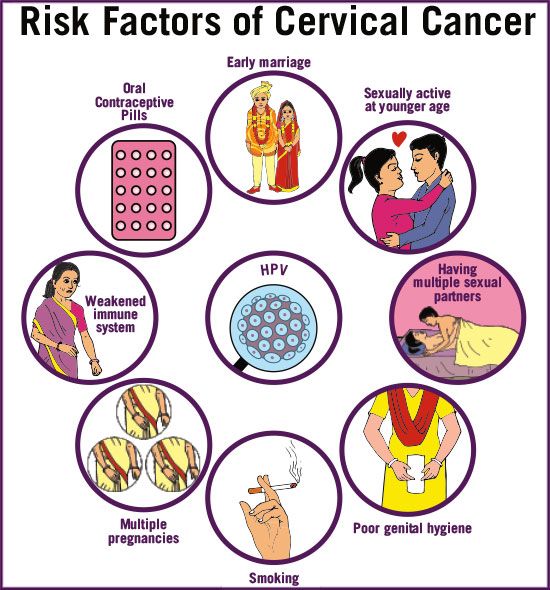Ghana is grappling with a severe cervical cancer crisis, with a staggering mortality rate of 50%.
Each year, nearly 4,000 women are diagnosed with cervical cancer, and over 2,000 succumb to the disease. This alarming situation has prompted the Ghana Health Service (GHS) to call for urgent action, emphasizing the need for increased awareness, more screening centers, and greater funding for public health interventions to combat this deadly trend.
Crisis of Late Detection and Limited Resources
Dr. Efua Commeh, the Non-Communicable Diseases (NCD) Program Manager at GHS, highlighted the dire state of cervical cancer in the country.
“The situation is not good. We record almost 4,000 cases of cervical cancer annually and lose more than 2,000 of them. This high mortality rate is due to late detection,” Dr. Commeh stated.

She explained that many patients do not associate early symptoms with cancer and often receive misdiagnoses, leading to late-stage detection.
“Over 75% of our cases are reported in stages three or four, where treatment options are limited,” she said.

Dr. Commeh pointed out the systemic inadequacies contributing to this crisis. There are limited screening centers across the country, and the existing ones are often inaccessible for many women due to transportation issues. This results in a significant number of cases being detected too late for effective treatment.
“We are trying to create awareness and advocate for the establishment of more screening centers. Early detection can significantly improve outcomes,” she added.
The Role of Awareness and Vaccination
Awareness is a critical component in the fight against cervical cancer. Dr. Commeh emphasized the need for increased awareness both within the community and the health service.
“Creating awareness is like 50% of the work done. People need to know that cervical cancer is preventable, and that early detection can save lives,” she said.

Vaccination is another crucial element in the prevention strategy. Ghana is pursuing a vaccination program targeting young girls aged 9 to 14 with the HPV vaccine, which can prevent the onset of cervical cancer.
“We have put in applications to ensure that by next year, we will be vaccinating young girls. The earlier we can prevent the disease, the better,” Dr. Commeh noted.
Pharmaceutical Partnerships and Funding
Pharmaceutical companies play a vital role in supporting public health initiatives. Mr. Zweli Bashman, Managing Director of MSD, highlighted their commitment to combating cervical cancer through broad vaccination programs and expanding access to treatment.
“We developed the first registered HPV vaccine, and we are focused on ensuring broad vaccination of girls across the continent. Last year, we reached approximately 12 million girls with our vaccines,” Mr. Bashman stated.

MSD is also investing in immuno-oncology therapy, aiming to expand access across Africa.
“Our major focus is to collaborate and work with governments and private healthcare funders to generate a public access program that brings our products at a reduced cost to as many people as possible,” he explained.
MSD has invested significantly in research and development, as well as health systems strengthening efforts, to create a viable healthcare ecosystem that can better manage cervical cancer cases.
Collaborative Efforts for a Brighter Future
Collaboration between the government, healthcare providers, and pharmaceutical companies is essential to improve cervical cancer outcomes in Ghana.
Mr. Bashman emphasized the importance of social mobilization, education, and awareness to ensure successful vaccination programs.
“We are working with the Ministry of Health to assist in social mobilization, education, and awareness. When the vaccination program is introduced, it can be easily accepted, leading to positive outcomes,” he said.
The combined efforts of GHS, MSD, and other stakeholders aim to reduce the incidence of high mortality rate due to cervical cancer in Ghana. With strategic partnerships and community engagement, there is hope that the tide can be turned against this preventable disease, saving countless lives and improving the overall health of women across the country.
By Emmanuel Samani











